By Gus Bagakis
Why, throughout history, have the few dominated the many? Because the few are organized while the many are not –Nathra Nader (Ralph’s dad)
It is important to vote and recognize that voting rights are being intentionally eroded by conservative and Republican forces. Citizens must fight back to retain their voting rights. But it is also important to understand that voting is not enough!
We live in a society where those in power are the rich. The media and the government are under the corporations’ control. It is a society that pits the power of business against the community or the pursuit of profits over the people’s needs. It is a government that has become an empire that tries to control the world to expand its markets. As John Dewey said, it is a country where politics is the shadow cast on society by big business. As Karl Marx stated, the oppressed are allowed once every few years to decide which particular representatives of the oppressing class are to represent and repress them.
The belief that voting is our “sacred right” conceals a civic responsibility that most of us are too busy working to fulfill. This responsibility, to be active citizens directing our public life, has been ambushed and replaced by the power and control of the small group that dominates our political economy—the ruling capitalist class. Our vote has become a chance to pick between leaders chosen by those in power, who, for the most part, promote policies that are acceptable to the ruling class. The requests and needs of the public have often been ignored or considered “too expensive.” While our military budget grows, the public sphere erodes (schools, parks, health care, infrastructure, etc.). For example, most people want single-payer health, clean air, water, decent pay, jobs, vacations, child care, housing, free public universities, an end to racism, etc. Our politicians, beholden to corporations, stop our congress from voting for them.
If we look at the founding documents, we will find that the U.S. was not a democracy. The framers of the Constitution constructed a system designed to serve and protect themselves. These white, rich, slave-holding men opposed the rule by the people. They made the selection of the president by an Electoral college and not by the people. Alexander Hamilton advocated that members serve lifetime terms to stop democracy. James Madison said that the upper house should be a “check on the democracy.” He wanted to stop the voice of those who “labor under all the hardships of life and secretly sigh for a more equal distribution of its blessings.” He was talking about stopping the voice of the people who did all the work. Finally, and most openly, John Jay, along with Alexander Hamilton and James Madison, wrote a series of essays in 1787 and 1788 promoting the ratification of a new U.S. Constitution. Jay was later appointed first Supreme Court Justice by George Washington. Jay said, “Those who own the country ought to govern it.”
The founders’ wishes persisted over the years. A study (2014) by Princeton University found that the U.S. is an oligarchy and not a democracy. The study concluded that “economic elites and organized groups representing business interests have substantial independent impacts on U.S. government policy, while average citizens and mass-based interest groups have little or no independent influence.” Again, the people are left out.
For the most part, we, citizens, have little access to the system that generates the candidates. We have been trained to believe that personal freedom is power. But, as Ralph Nader reminds us, civic freedom is what we lack. Freedom is the ability and willingness to participate in power by the people. Because we fail to exercise our civic freedom (and ignore it in our schools), the corporations win. It is money that determines public values. And who has the money? In the recent political campaigns, our emails received multiple requests for money; why? To pay for campaigns. Bernie Sanders asked for small donations from citizens. He was able to compete with the money that corporations gave to both parties. Still, the 2020 election was the most expensive election recorded. More people are coming to recognize that money should be out of politics, and that campaign donations are legalized bribery.
Why do we rely on private sources of money to choose our representatives? What about public financing of campaigns? Or, since the airwaves belong to the public, why are they so cluttered with advertisements and lack real civic concerns? Why can’t we return to the fairness doctrine? The media, including the internet, instead of bowing to the system’s pressure, should maintain a forum to discuss different policies and ideas. Elections should not be based on the wealth of the candidates. Before elections, we need to hear views and policies based on the masses’ needs, debated by aspiring leaders. I’m sure we can devise methods that will make this approach possible.
A response to my question and proposals is that they are pie-in-the-sky views. They are unrealistic and counter every value that our society is built upon. They are contrary to the beliefs we have learned through functioning in our political economy—capitalism. They are unrealistic and impossible to overturn. As Marx said in “The German Ideology”: The ideas of the ruling class are in every epoch the ruling ideas, i.e., the class which is the ruling material force of society, is at the same time its ruling intellectual force. The class which has the means of material production at its disposal has control at the same time over the means of mental production, so that thereby, generally speaking, the ideas of those who lack the means of mental production are subject to it. That’s us, the people!
Sure, Herr Marx, we are mentally and physically trapped in the world view of capitalism. But we are arriving at a new “epoch.” The times they are “a-changing”. Take a look at capitalism today. Burdened with the coronavirus, economic failures, the two-party corporate duopoly or lack of third party influence, racism, toxic patriarchy, gerrymandering, voter suppression, corporate lobbying, the focus on the market and consumption, and advertising, growing inequality, growing poverty, growing food deprivation, the poisoning of the earth, the climate catastrophe, energy depletion, wars, nukes, and migration. We are heading towards a possible collapse of the world capitalist system run by the transnational capitalist class.
We are also approaching the effects of the runaway pandemic that may not be as overwhelming as the bubonic plague, partly responsible for the transition from feudalism to capitalism. But our economy has had the effect of making billions of people more vulnerable and dependent. As bad as it was in the middle ages, the peasants had immediate access to their land for bare subsistence. We have been so separated from one another. From our sources of food, water, and power, any upset could mean catastrophe. It’s already happening in Yemen and much of the middle east and Africa. One culprit is the U.S. food policy, making the world suffer food deprivation. Even in the U.S., food banks are getting overwhelmed. More than 50 million people will have food insecurity by the end of the year. The capitalist system is also entering the catabolic stage, defined by Craig Collins, as a self-cannibalizing system whose insatiable hunger for profit can only be fed by devouring the society that sustains it. As it rampages down the road to ruin, this system gorges itself on one self-inflicted disaster after another. Is this downturn inevitable?
Probably, but we can fight back. As Antonio Gramsci said from his prison cell, “I’m a pessimist because of intelligence, but an optimist because of will.” We can fight for a different economy designed to solve those problems that capitalism has created. In fact, the fighting has begun worldwide with groups inspired, often by young people. After world war 2, FDR’s new deal provided working people with some security, jobs, and hope. He was also misguidedly trying to save capitalism. This made it easier for the business interests to eventually fight back and increase their search for short-term profits without concern with the long-term effects. Over the years, they destroyed the public commons by shredding the safety net and killing the people’s community orientation and began destroying the earth’s ecosystem. They returned to laissez- faire capitalism, where individualism, the “free market,” and an atomized society reigned.
But now, in reaction to the extreme isolation caused by the pandemic, there is a resurgence of community-based thinking. People believe that freedom means a healthy community. The reign of individualism is being challenged by those youth-led groups that recognize that freedom means participation and collaboration by the multitudes. People are becoming more active as public citizens, not as individuals. In her book “See No Strangers,” writer and activist Valarie Kaur helps us imagine new ways of being with each other—and with ourselves. She continues declaring that we can begin to build a world we want by remaking “… the institutions and cultures that diminish and divide us.” Noam Chomsky has even provided us with a list of 12 books on activism and reminds us that “Reading a book doesn’t mean just turning the pages. It means thinking about it, identifying parts that you want to go back to, asking how to place it in a broader context, pursuing the ideas.” Mother Jones, an advocate of workers, said, “Sit down and read. Educate yourself for the coming conflicts.” Thomas Frank provided us with a history of people’s attempts to overturn the rule by the few in his book “The People, NO” with many inciteful discussions of populism.
In addition to joining groups fighting the system, there are other actions we may take. For example, look at 99 ways to fight capitalism. The methods are indicated in short sentences. Some examples are: Join a collective working together to improve the world, organize urban gardens in your city, inspire those around you to grow food, speak out for workers’ rights, and share electronics with your neighbors.
Fighting for a new world means struggling with politicians, racism, sexism, oppression, inequality, corporations, and the world capitalist system. As catabolic capitalism grows, it creates a power vacuum filled with, on the destructive side, “warlords” and militias, or on the constructive side, self-governing, green communities. But the green communities need protection from fascist and racist groups like The Proud Boys, The Base, Oath Keepers, The Missouri Militia, and The Wolverine Watchmen. Many new militias have appeared, reacting to Obama’s presidency, and embraced in Trump’s presidency. These white nationalists are part of a global movement prepping for battle. There is a resurgence of “accelerationism,” a radical white supremacist ideology, arguing that Western governments are too corrupt to be transformed by the vote. So, the best thing the supremacists can do is assist in the destruction and collapse of government by attacking people of color and Jews to create a white-dominated future. We must understand, communicate with, or, if necessary, combat those groups, for if we don’t actively counter them, they will win. An excellent explication of this dynamic is presented in a recent article by Craig Collins: “Villagers and Pillagers: Who will survive the collapse?”
Actions beyond voting can be accomplished with others, friends, relatives, neighbors and established organizations. But many of us are hesitant. We don’t want to speak out or join groups. We have become bystanders rather than moral rebels. We end up in a condition that Martin Luther King Jr. described as “…the appalling silence of the good people.” We need to learn to overcome the very natural tendency to remain bystanders. We can learn practical strategies to disrupt our meekness. I suggest the insights of people like Valarie Kaur, Catherine Sanderson, Ralph Nader, Noam Chomsky, and of programs like Reevaluation Counseling. I exaggeratedly summarize their strategies by saying that you must learn to love yourself before acting effectively in the world. You cannot pour from an empty cup. Remember, voting is not enough!
Gus Bagakis is a retired philosophy instructor at San Francisco State University and the author of Seeing Through the System: The Invisible Class Struggle in America
Image: Cross In The Box, by Adam Wyles via Flickr (CC BY-ND 2.0)
Preview YouTube video Days of Revolt – The Corporate Coup d’etat with Ralph Nader
Days of Revolt – The Corporate Coup d’etat with Ralph Nader
Preview YouTube video Ralph Nader reveals why third-party candidates don’t have a chance
Ralph Nader reveals why third-party candidates don’t have a chance
Preview YouTube video So You Think You Know What Militias Are? | The Daily Show
So You Think You Know What Militias Are? | The Daily Show
Preview YouTube video Ralph Nader: How You Can Change America, Pt.2
Ralph Nader: How You Can Change America, Pt.2


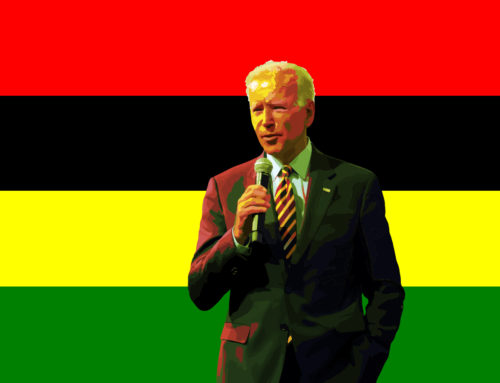
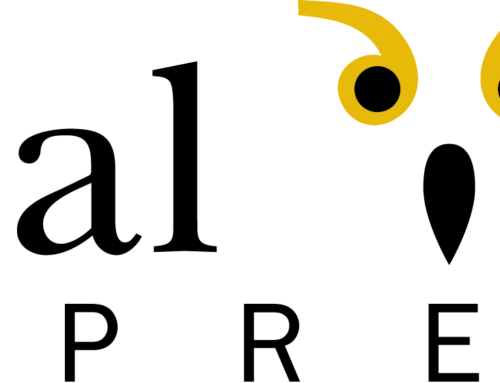
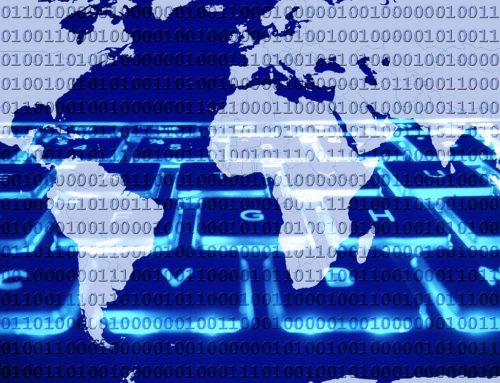


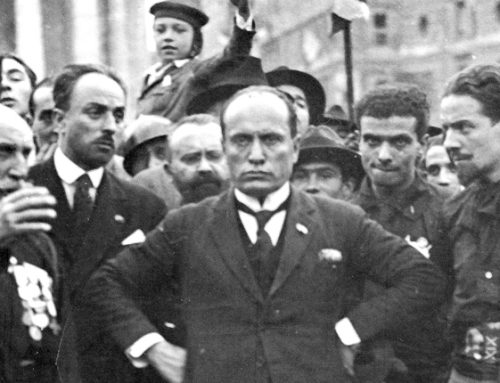
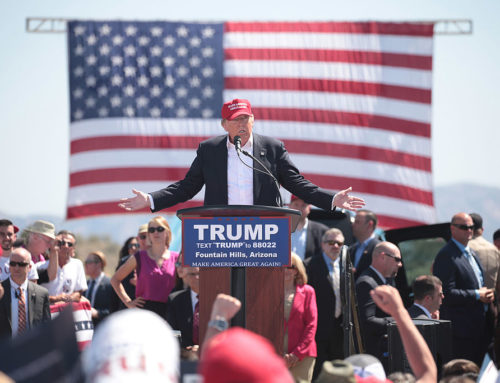
Leave A Comment